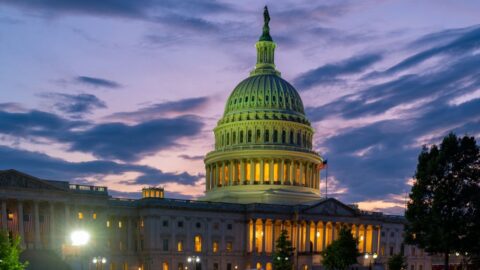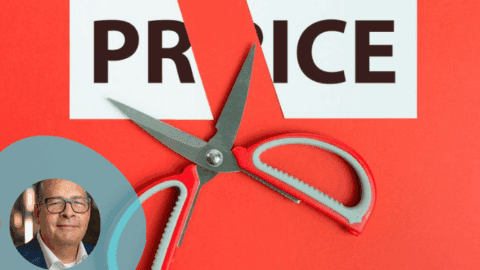Target dropped its price-matching program in 2002. That, as they say, was then because now it looks as though the retailer may be on the verge of bringing it back. Target has tested the program in two markets since March 15 and began a third in its own Minneapolis backyard on May 1.
The retailer has been matching lower prices in its competitors’ ads at 22 stores in the Orlando area and 28 others in Denver for the past two months. The chain rolled out its “Unbeatable Prices. Guaranteed.” program in Minneapolis and Medina earlier this month with the expectation that it will result in a national expansion of the price-matching initiative.
Target believes it has figured out a way to get around the problems it found in 2002. Then, competitor prices were verified at the checkout, causing delays at the front-end. Now, all pricing will be verified away from the checkout at the store’s service desk. Delia McLinden, a spokesperson for Target, told the Minneapolis Star Tribune that the program was being retested because they “want to speak boldly about value and low prices and give customers peace of mind.”
The Minneapolis/St. Paul Business Journal pointed out in an article that “Target has been ratcheting up its emphasis on prices for the past year, as consumers cut back on discretionary purchases during the recession.”
Braintrust panelists emphasize the importance of consistency in Target’s strategy. “Target needs to continue to clarify and reinforce their market position,” says Mike Romano, EVP & Co-Founder, SmartReply Mobile & Voice Marketing Services. “There is room to charge 2%-5% more than Walmart based on overall consumer perception and appeal, combined with specific category superiority–such as in apparel.
If the effort is executed properly, says one analyst, it could be a win-win situation. “Target has the brand equity and by re-committing to the price matching, it further solidifies its brand choice in the minds of consumers,” says Phil Rubin, CEO, rDialogue. “Brands are more important than ever but so is minimizing pricing risk to customers, and Target should get a win-win here.”
Many analysts agree that Walmart will be a big factor in the matter. “Target claims to comp shop Walmart and consistently stay within 2% of its prices, so I’m not sure that the price-matching call-out would be any more effective with price-conscious shoppers,” says Carol Spieckerman, President, newmarketbuilders. “Loyal Target shoppers (especially that defiant group that loves telling you that they won’t “set foot” in a Walmart for various reasons) would hardly notice and I can’t see price matching having the power to make hard-core discount shoppers migrate.”
Others feel that price matching itself does not make a huge impact. “Price matching is a marketing gimmick,” says Bob Phibbs, President & CEO, The Retail Doctor. “Maybe it adds to perception of being the lowest but how it is implemented at the store level is crucial. For most retailers, matching prices is a loss…Price fairly, give value, train sales people and leave the price-matching to the big boys to slug it out.”
“I’m not sure how important price matching programs are in today’s environment,” says Bill Bittner, President, BWH Consulting. “Consumers who are trying to reduce costs have already moved to store brands and there is no way to compare them across retailers.”
Editor’s Note: This article is an excerpt from one of RetailWire’s recent online discussions. Each business morning on RetailWire.com, retail industry execs get plugged in to the latest news and issues with key insights from a “BrainTrust” of retail industry experts.













